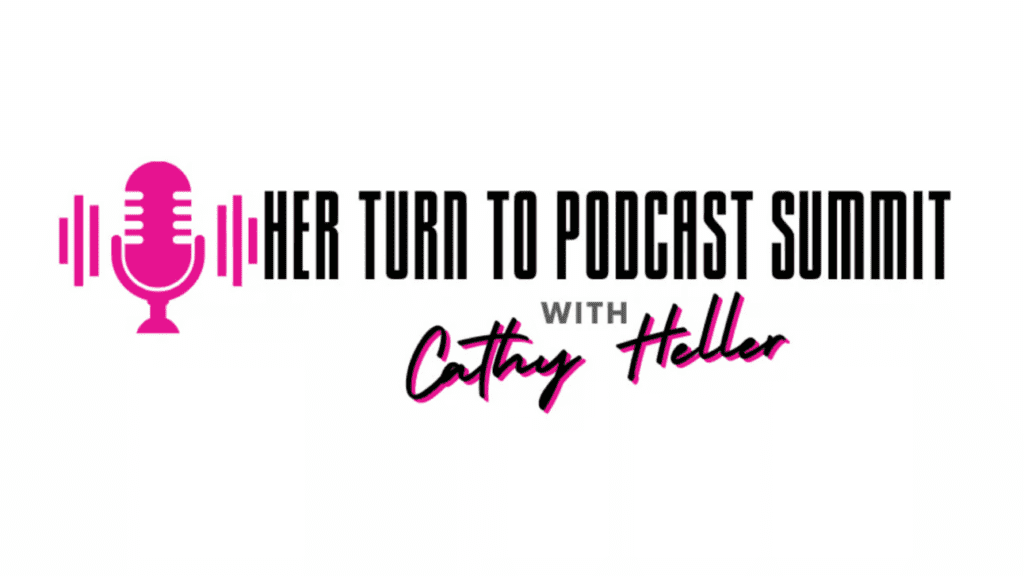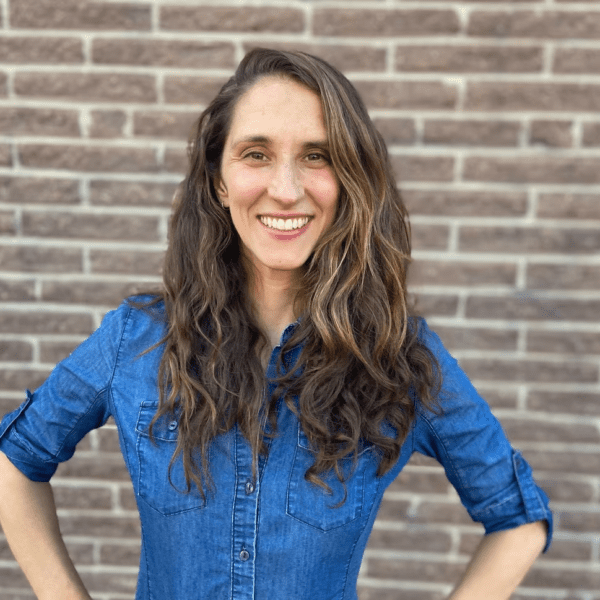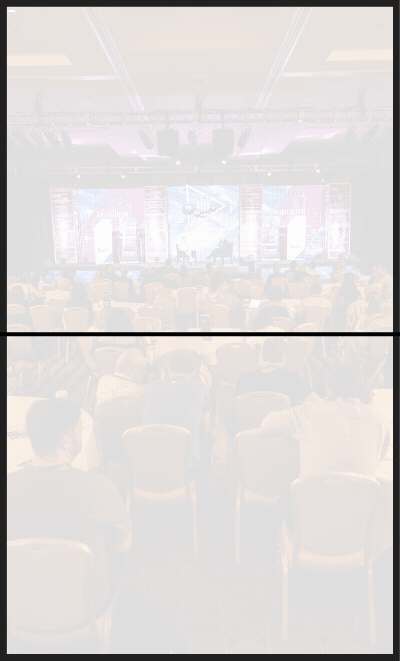
Presented by Her Turn To Podcast Summit
I happen to believe in the beauty of simple things. I believe that the most uninteresting thing can be very interesting.
Saul Leiter
🥊 What Makes it to the Ring
In an interview on Tosh Show, George Foreman III discussed how training translates to the ring. In boxing, as you start competing in front of crowds, only 20% of what you can do makes it to a fight.
Over time, and with proper training, a boxer can bring 80% of their capabilities to the ring.
Distractions from the audience, the weight of the moment, adapting to opponents’ styles on the fly, a fighter’s mindset, and internal dialogue—these variables can be combated with exposure and deliberate practice but can never be fully defeated.
The equation for fighters—and podcasters—underlines the significance of suiting up and putting in your reps: experience + continued training = a great end product.

Ready to amplify your voice? Join the “Her Turn to Podcast Summit” – a transformative event empowering female podcasters. Discover expert insights on storytelling, monetization, and audience growth. Network with like-minded creators and unlock your podcasting potential. Reserve your spot now for this inspiring virtual experience!
🎙️ Signal Flow: Lindsay McMahon
Industry game changers and valiant minds from creative professions share their wisdom, adversities, and paths to innovation.

Lindsay McMahon is the co-host of All Ears English, which is downloaded 7.5 million times per month globally and has been ranked in Best of Apple Podcasts categories in 2018 and 2019, as well as #1 in US Education Language Courses. Lindsay and her team have been featured in Podcast Magazine, Language Magazine, and Forbes.
Our podcasts are a big part of our business. In addition to the podcast and network, we have apps, we have an Alexa skill, we have courses. But where my heart is, is the podcast. That's where I come alive. That's what I love about our business. Our three shows are really the lifeblood of our company.
When I look at our customer surveys, a huge percentage of people come from one of our three podcasts. It’s a cool way that I can provide content for the world, even if not everyone will eventually buy a course.
Seth Godin informed a lot of my thinking around how you build a tribe, how you build a community that actually believes in something.
All Ears English goes much deeper than just talking about grammar. Anyone can do that, right? We bring it back to human connection. So we came up with the phrase “connection, not perfection” in the early days, and we trademarked it because it feels so true. And so right. And so real for us. So our angle on learning English is a bit different than anyone who would turn on a microphone and try to teach colloquial English.
In podcasting, there's no hiding. If you don't believe what you're saying, people can hear it.
One thing that rubbed me the wrong way in ESL from the beginning is how teachers feel condescending. We don't act in that way toward our audience. They are adults, vibrant, people who’ve had experiences, and they have a lot to share. Instead, we just make it clearer when we speak and circle back to things a little more frequently to double-check. Oh, did you get that? Let me say that one more time.
We've had a few product ideas that have failed. Two courses come to mind. We created a course on multiple-speaker conversations. So students will say they can listen to two people just fine. But when you add a third, you're at a party. It's loud. People talk and that's where it gets really hard. We created a whole course around that and spent a good portion of the year launching it and then…crickets. A live group class also didn't do so well. I think part of that was scheduling because our audience is located all over the world. Scheduling times they can actually attend live classes is very hard. So those have been two failures where we gave listeners what they wanted, but it didn't perform as well as other courses. Another issue is I don't think we always do the best job of communicating what these products were in our marketing.
I had another business when we launched the podcasts, which was more of a tutoring company for international professionals. But I wanted a scalable business. In the early days, we monetized by selling our podcast transcripts. With my audience, that actually made perfect sense.
I started my career teaching English in Japan as an international teacher, then traveled to South America and taught Business English in Argentina. And then, around 2013, I was listening to podcasts and thought, oh, it’d be cool to have an ESL podcast. It took off from the very beginning because it was the early days of podcasting.
We're providing entertainment while changing minds and hearts around how we feel about learning English. For listeners, it's positive, it's energetic, and they know they’re going to improve because they’re actually interacting with English every day.
From the beginning, I had a gut feeling there was something special here. There were scary moments along the way, but my gut feeling was always telling me to keep moving forward. I’ve learned that if you have a hunch and you're seeing a good response from your audience, stick with it.
🥾 Further Exploration
Musician Jacob Collier is the first British artist to receive a Grammy Award for each of his first four albums. In the video linked above, Jacob dives into the role of self-awareness during the creative process.
ICYMI:
Enjoying The Noise Gate? Why not share it with a fellow podcaster?
Until next time, have a bold week.
– Doug
For advertising information, contact Kristy at kristy@podcastmovement.com







Join the Movement